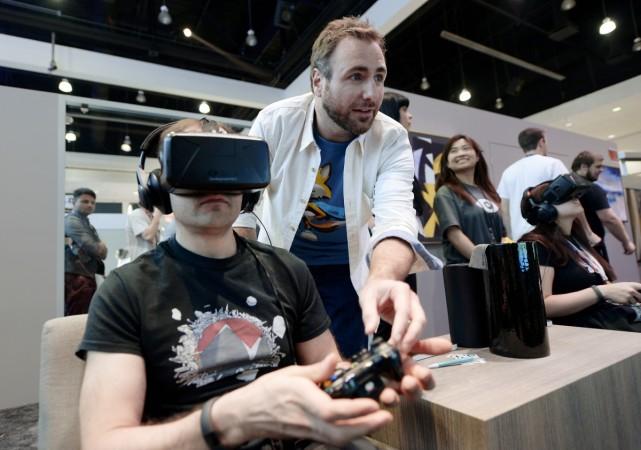
While ANT VR may have been the brains behind the virtual reality headset Lenovo bundled with the K4 Note, the Chinese electronics company is reportedly partnering with Movidius for its future VR projects. Lenovo will be using Movidius' vision processing unit (VPU) chips.
PC Mag reported that Lenovo's future VR devices will be powered by Movidius' Myriad 2 VPUs. The chips feature two CPU cores, vector processors and hardware acceleration, and are optimised to handle head tracking, gesture recognition and other VR-related demands. Movidius' chips are also reported to be extremely power efficient.
The chips are reported to consume only one watt of power to handle its vision-processing tasks, thus freeing up the CPU and the GPU to handle the meatier tasks, the report added.
This will not be the first time that Lenovo is partnering with Movidius through Project Tango, a Google project that aims to develop a device that will push augmented reality (AR) to the next level through 3D mapping and tracking. The Project Tango prototype and developer devices built by Lenovo use Movidius' Myriad 1 and MA2450 chips, respectively.
Google has been working on Project Tango, which uses an array of cameras for spatial recognition, mapping and depth perception. The devices also use software and sensors to track motions and size up the contours of rooms giving it great potential for AR applications.









